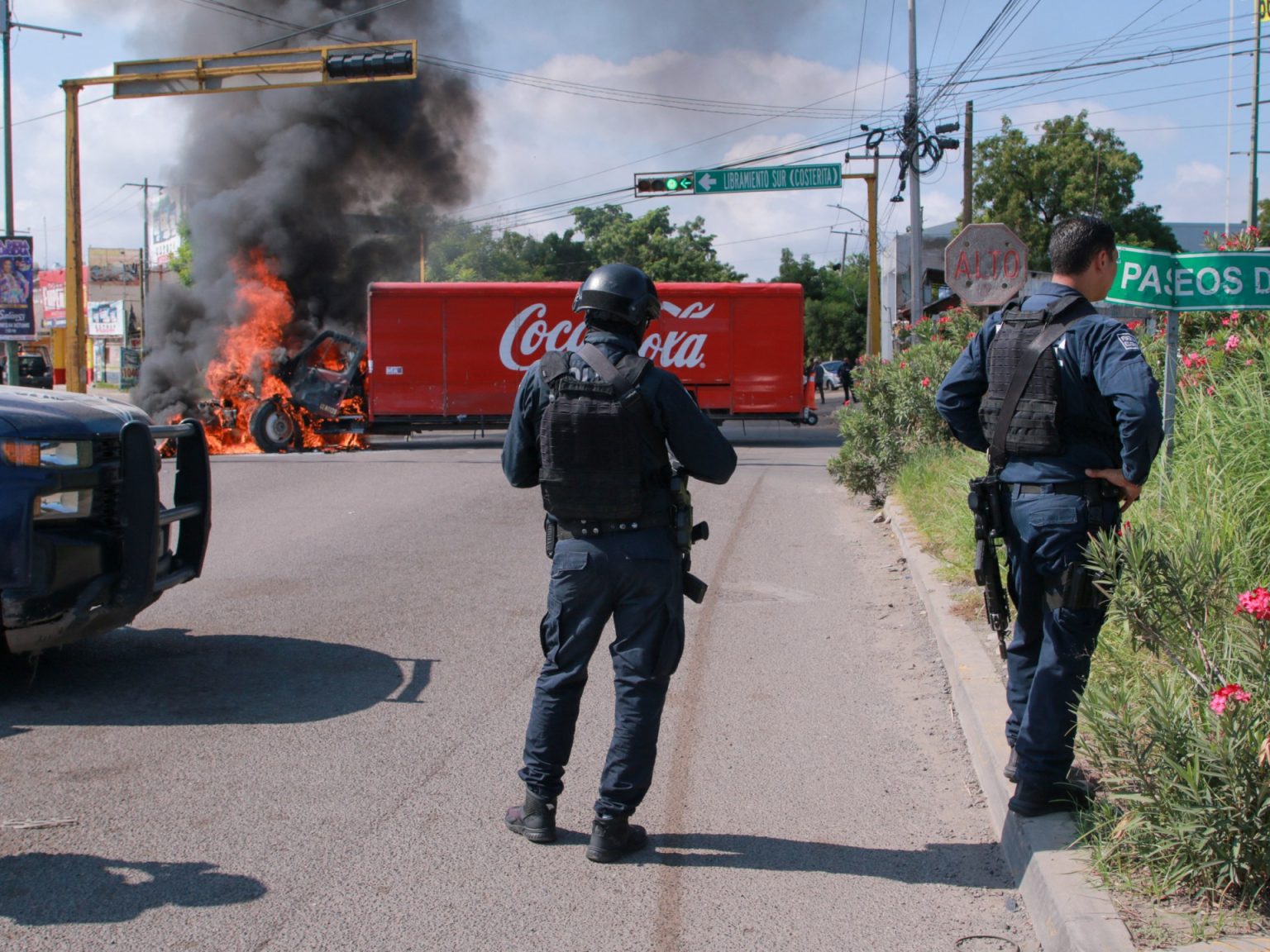At least 10 more people have reportedly been killed in Mexico’s Sinaloa state, bringing the total number of deaths and missing persons to over 100 as a result of gang violence. The recent surge in violence is believed to have been sparked by the unexpected arrest of Ismael “El Mayo” Zambada, a co-founder of the Sinaloa Cartel, in the United States. This arrest has triggered an internal power struggle within the cartel, leading to increasing clashes between rival factions.
Reports from officials and the media indicate that approximately 70 people have been killed in the state since September 9, with most of the violence concentrated in the capital city of Culiacan. In addition to the confirmed deaths, Reuters has reported that 51 people are currently missing as a result of the ongoing violence. Incidents on Saturday included a shootout between police and alleged hitmen, along with attacks on security agents by armed men who then sought refuge in an apartment building.
Governor Ruben Rocha Moya confirmed that in the ensuing shootout, three suspected gunmen were killed, one was arrested, and two soldiers were injured. Following this escalation of violence, Governor Rocha travelled to Mexico City to meet with President-elect Claudia Sheinbaum, while the federal government deployed 600 soldiers to reinforce security in Sinaloa. Additional reports from Mexican media revealed seven other deaths, with five bodies left in the street as a message of intimidation to rival factions.
The arrest of Zambada in late July, along with Joaquin Guzman Lopez, son of Sinaloa cartel co-founder Joaquin “El Chapo” Guzman, who is currently serving a life sentence in the US, has exacerbated tensions within the cartel. It is believed that the recent wave of violence is a result of gang members loyal to El Chapo and his sons clashing with those aligned with Zambada. Outgoing President Andres Manuel Lopez Obrador has partially blamed the US for unilaterally planning Zambada’s capture, a claim that was rejected by US Ambassador Ken Salazar, stating that the US cannot be held responsible for the violence seen in Sinaloa.
The ongoing violence in Sinaloa underscores the ongoing challenges faced by Mexican authorities in combating powerful drug cartels and maintaining security in the region. Despite increased deployments of security forces and efforts to quell the violence, the situation remains volatile and continues to escalate. The arrest of key cartel figures such as Zambada and the subsequent power struggle have further destabilized the region, leading to a surge in violent confrontations and casualties.
With President Lopez Obrador set to leave office at the end of the month, the incoming administration will inherit the daunting task of restoring peace and stability to Sinaloa and other regions plagued by cartel violence. The US-Mexico relationship will also continue to be a key factor in addressing the root causes of the violence, as both countries grapple with the shared challenges posed by drug trafficking and organized crime. Efforts to strengthen bilateral cooperation and address the underlying issues fuelling cartel violence will be critical in restoring security and addressing the humanitarian crisis in the region.













